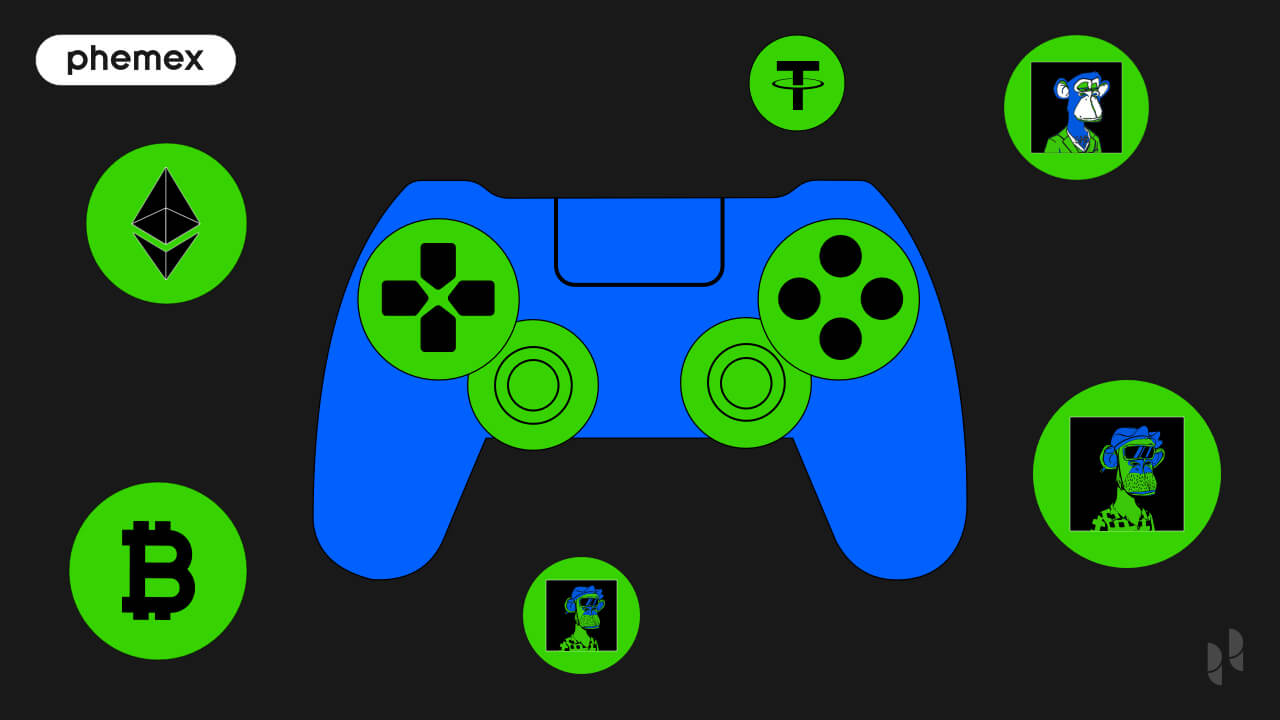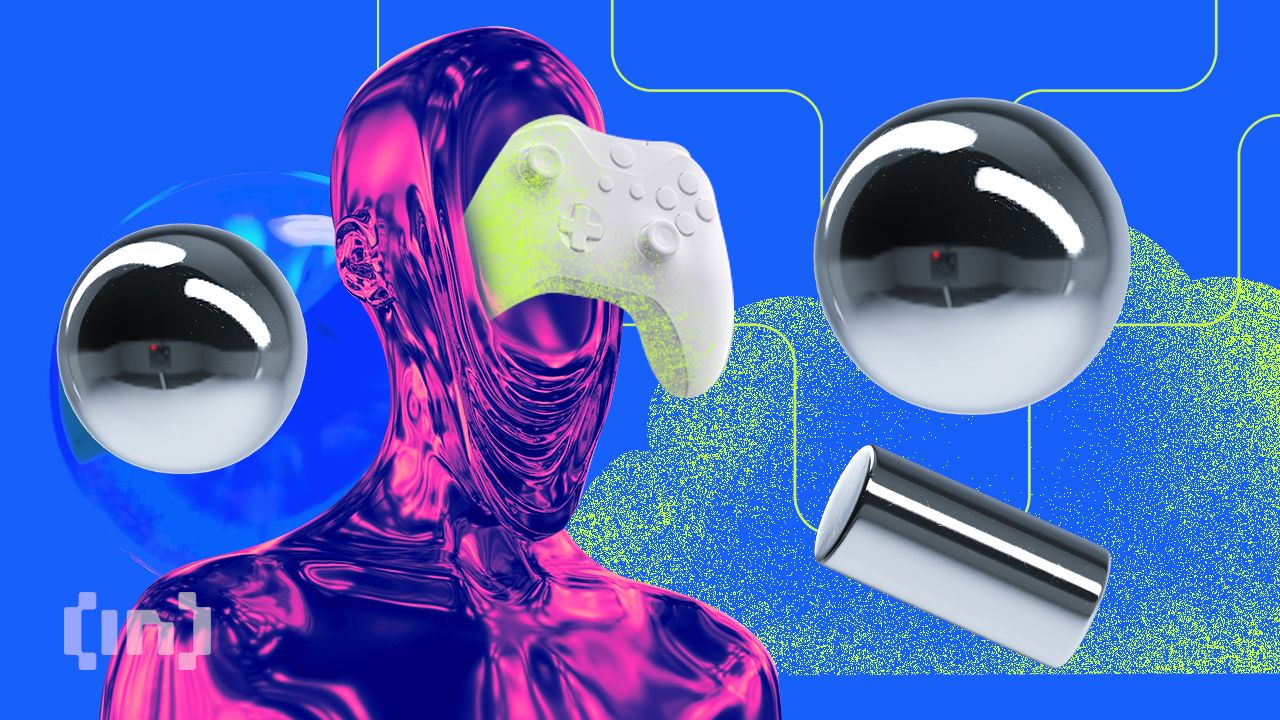Key Takeaways
- Blockchain gaming integrates decentralized technology to give players true ownership of in-game assets.
- Play-to-earn and NFT-based rewards are reshaping how players earn and trade value in games.
- Understanding tokenomics, smart contracts, and interoperability is essential for navigating blockchain gaming.
Understanding Blockchain Gaming: A Complete Overview
Blockchain gaming is transforming the way people play, earn, and interact with digital worlds. Unlike traditional games, blockchain-based games allow players to own, trade, and monetize in-game assets using decentralized technologies. This evolution has introduced new economic models, including play-to-earn (P2E) and NFT-based rewards, which reward players with real-world value for their time and skill.
What Makes a Game Blockchain-Based?
At its core, blockchain gaming leverages distributed ledger technology to provide transparency, security, and true ownership. Every asset—whether a weapon, character, or virtual land—is represented as a token, often an NFT, which is uniquely owned by the player rather than the game developer. This ensures that players can trade, sell, or use assets across multiple platforms without relying on a centralized authority.
Smart contracts, self-executing agreements on the blockchain, enforce rules automatically. This reduces fraud, ensures fairness, and provides a transparent record of transactions, making blockchain games more secure than traditional counterparts.
Play-to-Earn and Tokenomics
One of the most revolutionary aspects of blockchain gaming is the play-to-earn model. Players earn cryptocurrencies or tokens through gameplay achievements, quests, or competitions. These tokens can often be exchanged for other cryptocurrencies or even fiat money, effectively turning gaming into a source of income.
However, tokenomics—the economic design behind how tokens are distributed and used—is critical. Well-designed tokenomics balance reward incentives with sustainability, ensuring that players earn valuable rewards without causing inflation or destabilizing the game economy. Games with poor tokenomic structures risk token devaluation and declining player engagement.
NFT Integration and Digital Ownership
NFTs (non-fungible tokens) are integral to blockchain gaming. They provide verifiable ownership of unique items, allowing for rarity, collectibility, and true trading value. Players can buy, sell, or lend NFTs in marketplaces, creating a real-world economy around digital gaming assets. NFT-based items also enable cross-game interoperability, letting players use the same assets in multiple games, expanding utility and value.
Interoperability and the Future of Gaming
Interoperability is a growing trend where tokens or NFTs can function across multiple games or platforms. This increases player engagement and ensures that in-game achievements retain value beyond a single title. Coupled with evolving blockchain infrastructure, interoperability promises a future where gaming ecosystems are interconnected, creating richer experiences and stronger communities.
Moreover, regulatory clarity and technological advancements are helping blockchain gaming mature, making it more accessible to mainstream audiences while safeguarding against fraud and speculative risks.
Conclusion
Blockchain gaming represents the convergence of entertainment, digital ownership, and decentralized finance. With P2E rewards, NFT integration, and carefully designed tokenomics, it offers players unprecedented control and earning potential. As the industry continues to mature, understanding blockchain mechanics, digital ownership, and economic design is essential for players and developers looking to thrive in this emerging digital frontier.
Disclaimer: The information in this article is for general purposes only and does not constitute financial advice. The author’s views are personal and may not reflect the views of GameDegen.com. Before making any investment decisions, you should always conduct your own research. GameDegen.com is not responsible for any financial losses.



